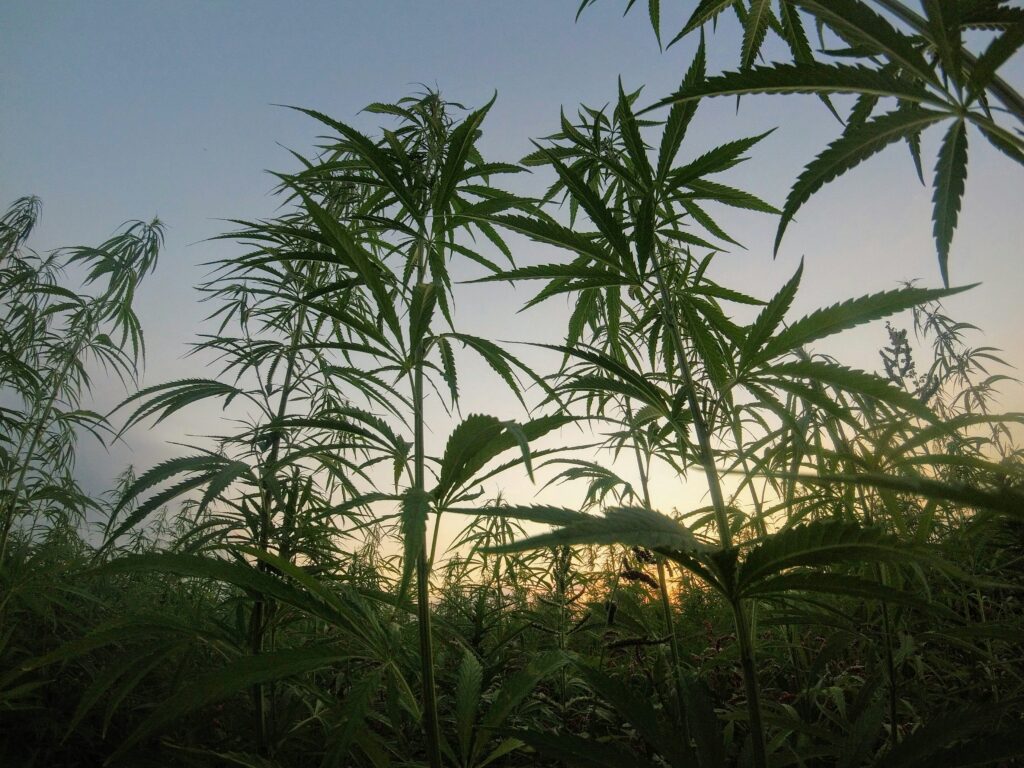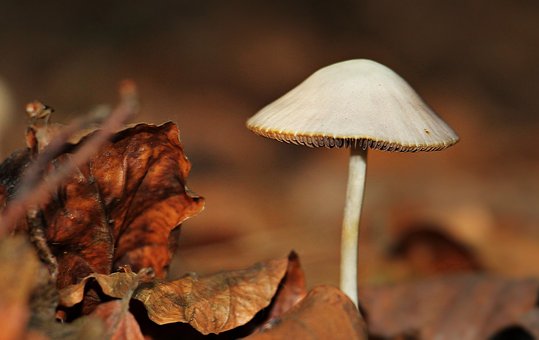
Introduction
In the realm of cannabis, the limelight commonly radiates on THC (tetrahydrocannabinol) and CBD (cannabidiol) as the key cannabinoids of the rate of interest. However, there’s another substance getting interesting for its prospective therapeutic benefits: THCA (tetrahydrocannabinolic acid). THCA is the precursor to thca strains and is found in raw, unheated cannabis plants. In this extensive overview, we’ll explore the effects and benefits of THCA pressures, clarifying their prospective duty in health, wellness, and wellness.
Recognizing THCA
THCA is a non-intoxicating cannabinoid generally located in higher concentrations in raw cannabis plants. Unlike THC, THCA doesn’t produce the psychedelic results commonly associated with marijuana usage. Instead, it uses a range of prospective therapeutic advantages without inducing a “high.” When marijuana is heated with processes such as cigarette smoking, vaping, or food preparation, THCA goes through decarboxylation, exchanging THC.
Cannabinoid Makeup
THCA stress is defined by their raised degrees of tetrahydrocannabinolic acid about various other cannabinoids. While THC is commonly the emphasis of recreational cannabis, THCA’s non-intoxicating nature and prospective medicinal properties make it an engaging location of study. These stress typically include high THCA content and varying degrees of various other cannabinoids, such as CBD, CBG, and CBN, each adding to the overall healing profile of the strain.
Scientific Research
Scientific questions about THCA’s possible advantages are recurring, with researchers examining its role in treating different clinical conditions. Preliminary studies suggest that THCA might have anti-inflammatory, neuroprotective, and antiemetic properties. Additionally, the emerging study indicates potential applications in suffering management, epilepsy treatment, and cancer cell therapy. Nevertheless, additional scientific tests are required to verify these findings and illuminate THCA’s therapeutic capacity.
Variables Affecting THCA Web Content
Several factors affect the cannabinoid makeup of marijuana stress, consisting of genetics, growing problems, and post-harvest handling. Dog breeders uniquely cultivate pressures to optimize THCA content, typically with hybridization and hereditary manipulation. Ecological aspects such as temperature, humidity, and nutrient degrees during growth also play a crucial duty in cannabinoid production. Furthermore, post-harvest techniques, such as curing and removal methods, can impact the final THCA concentration in marijuana items.
Medical Applications:
The prospective medical applications of THCA are diverse and appealing. THCA’s anti-inflammatory properties might provide a natural alternative to standard medications for individuals seeking a remedy for swelling. Likewise, its neuroprotective results hold possible in alleviating signs and symptoms of neurodegenerative conditions such as Parkinson’s and Alzheimer’s. Furthermore, THCA’s antiemetic buildings make it a candidate for relieving nausea and vomiting in chemotherapy individuals. As the study progresses, the clinical community is increasingly acknowledging the therapeutic worth of THCA in resolving numerous wellness problems.
Governing Considerations:
Despite its non-intoxicating nature, THCA’s legal condition differs depending on local guidelines. In territories where clinical or entertainment marijuana is legalized, access to THCA-rich stress may be available via certified dispensaries or clinical suppliers. However, in locations with more stringent marijuana laws, accessing THCA items might pose challenges because of legal constraints on cannabis farming, circulation, and consumption. As public understanding and legislative frameworks advance, the regulative landscape bordering THCA remains to move.
Difficulties and Future Instructions:
Despite the growing interest rate in THCA pressures, several difficulties impede their extensive adoption and acceptance. Governing obstacles, restricted access, and an absence of standard production protocols challenge medical research and client accessibility. Moreover, the preconception surrounding marijuana continues to impede clinical expedition and public perception. Progressing, collective initiatives are required to address these difficulties and pave the way for improvements in THCA research studies, clinical tests, and healing applications.
Results of THCA
Although research on THCA is still in its onset, preliminary studies recommend that it might possess numerous effects and benefits:
Anti-inflammatory Characteristics: THCA exhibits anti-inflammatory buildings, which might make it advantageous for problems such as arthritis, multiple sclerosis, and inflammatory bowel conditions.
Neuroprotective Effects: Some research suggests that THCA might have neuroprotective homes, potentially providing benefits for people with neurodegenerative conditions like Alzheimer’s and Parkinson’s.
Antiemetic Effects: THCA has revealed promise as an antiemetic, meaning it may help reduce nausea or vomiting and vomiting, especially in people undergoing radiation treatment or experiencing queasiness because of other medical conditions.
Antioxidant Task: Like various other cannabinoids, THCA possesses antioxidant residential or commercial properties, which contribute to combating oxidative anxiety and reducing the danger of chronic illness.
Analgesic Results: Preliminary evidence suggests that THCA may have analgesic (pain-relieving) effects, making it a potential alternative for treating chronic discomfort.
Advantages of THCA Strains
THCA-dominant strains offer a one-of-a-kind set of advantages compared to THC-dominant or CBD-dominant stress:
Non-Psychoactive: Among the main benefits of THCA strains is their non-psychoactive nature. This makes them suitable for individuals who look for the therapeutic advantages of marijuana without experiencing intoxication.
Whole Plant Advantages: THCA pressures commonly include a variety of other cannabinoids, terpenes, and phytonutrients present in the raw marijuana plant. This synergistic interaction, referred to as the entourage effect, may boost the healing impacts of THCA.
Diverse Consumption Approaches: THCA can be eaten in various ways, including juicing raw cannabis leaves, incorporating them into healthy smoothies or salads, or using specialized extraction techniques to preserve THCA material in items like tinctures or topicals.
Possible Health And Wellness Support: Individuals seeking natural options for treating inflammation, pain, queasiness, and other health and wellness problems may discover THCA strains valuable. THCA’s neuroprotective residential properties also guarantee support for mind health, wellness, and cognitive function.
Individualized Wellness: With the expanding accessibility of THCA-rich strains, customers have the chance to tailor their marijuana experience to match their certain health objectives and choices.
Verdict
THCA strains supply an encouraging avenue for exploring the therapeutic possibility of marijuana past THC and CBD. While further research is needed to comprehend the devices and advantages of THCA completely, very early findings recommend that it holds significant promise for different health problems. As the rate of interest in different and holistic methods of health continues to rise, THCA is poised to play a considerable role in the evolving landscape of cannabis-based medicine. Whether alone or with various other cannabinoids, THCA offers an engaging choice for individuals seeking all-natural treatments and personalized techniques for health, wellness, and vitality.


